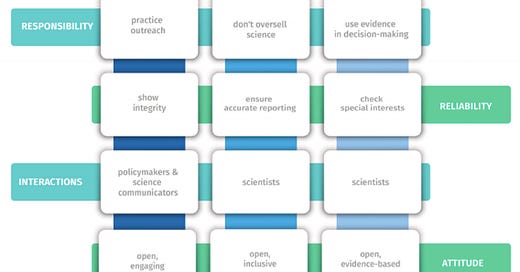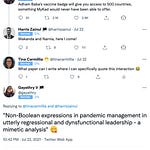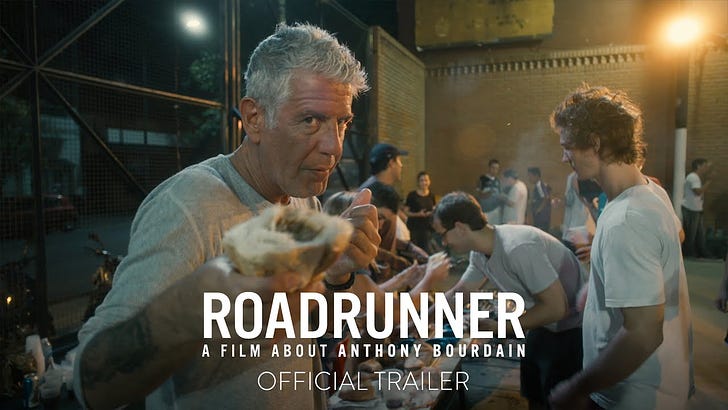This week…
On the first anniversary of The Starting Block and in honour of my years covering mainly health news, I thought I should kick off the audio series with one of my favourite people to interview – a professor and physician at the University of Malaya, Sargunan Sockalingam, on public engagement during a pandemic, and the future of healthcare.
Twitter’s new feature wants you to reconsider your mean tweets
Jaclyn Diaz for NPR:
According to Twitter, when prompted, 34% of people revised their initial reply or decided not to send it at all. After they were first prompted, users composed about 11% fewer offensive replies in the future. They were also less likely to receive offensive replies in return.
Study offers insights into comment sections
Esther Chan, Lucinda Beaman and Stevie Zhang for First Draft:
Comment sections are an area often overlooked in policy responses and while they have to abide by Facebook’s overall policies on vaccine misinformation, they are not subjected to warning labels applied by Facebook’s third-party fact-checking partners.
The researchers carried out data analysis on a set of posts with the word “vaccine” from two Australian news outlets and found one in five comments contained misinformation. Further, a separate study suggests that “online comments, particularly those contradicting the news article in the post, can affect readers’ opinions more than the article itself.”
A framework towards addressing vaccine-related false information in Malaysia
The need to act is clear. Leaving false information to thrive in the marketplace of ideas, where good ones theoretically should trump the bad, is untenable because humans are not necessarily rational decision-makers with healthy information consumption habits. Meanwhile, hasty heavy handed measures may backfire and harden the stance of sceptics, making it critical to employ a more deliberate strategy to address vaccine-related false information.
Harris Zainul and Ryan Chua prescribe a few policy options in a brief published by the Institute of Strategic and International Studies.
The Instagram ads Facebook won’t show you
By now we should all be aware that ads and recommendations on Big Tech platforms are generated based on the personal data that you have provided – that’s called targetted advertising. Signal, the private messaging app, ran an ad experiment to show exactly what personal data was collected.
Separately, in the weeks prior to this, Alex Kantrowitz warned that despite the predictions, Apple’s new anti-tracking moves may not crush Facebook’s ad business.
What I read, watch and listen to…
I’m reading How Stella Learned to Talk by Christina Hunger.
I’m watching two stat analysts explain what’s wrong with that survey that went viral – again – that showed that a third of kids surveyed want to be YouTubers. Couldn’t’ve ‘splained it better.
I’m listening to Murad Hemmadi explaining to Jayme Poisson about Canada’s plans to regulate online streaming services on CBC’s Front Burner.
Chart of the week
In a report, the European Federation of Academics of Sciences and Humanities (ALLEA) analyses the consequences of science disinformation in climate change, vaccines and pandemics and asks what scientists, science communicators and policymakers can do.

















Share this post